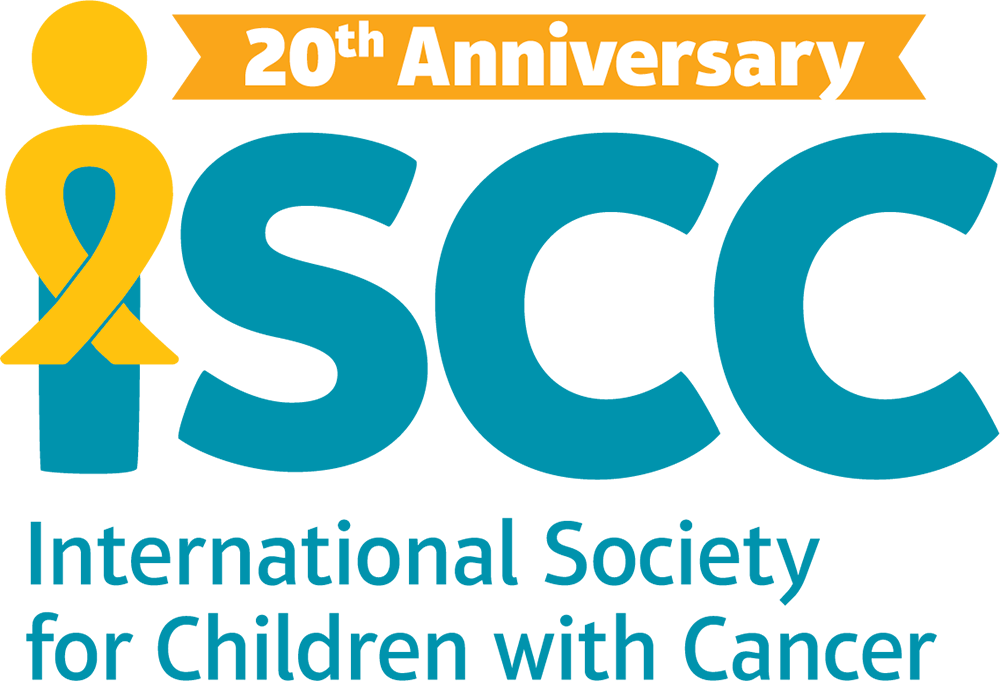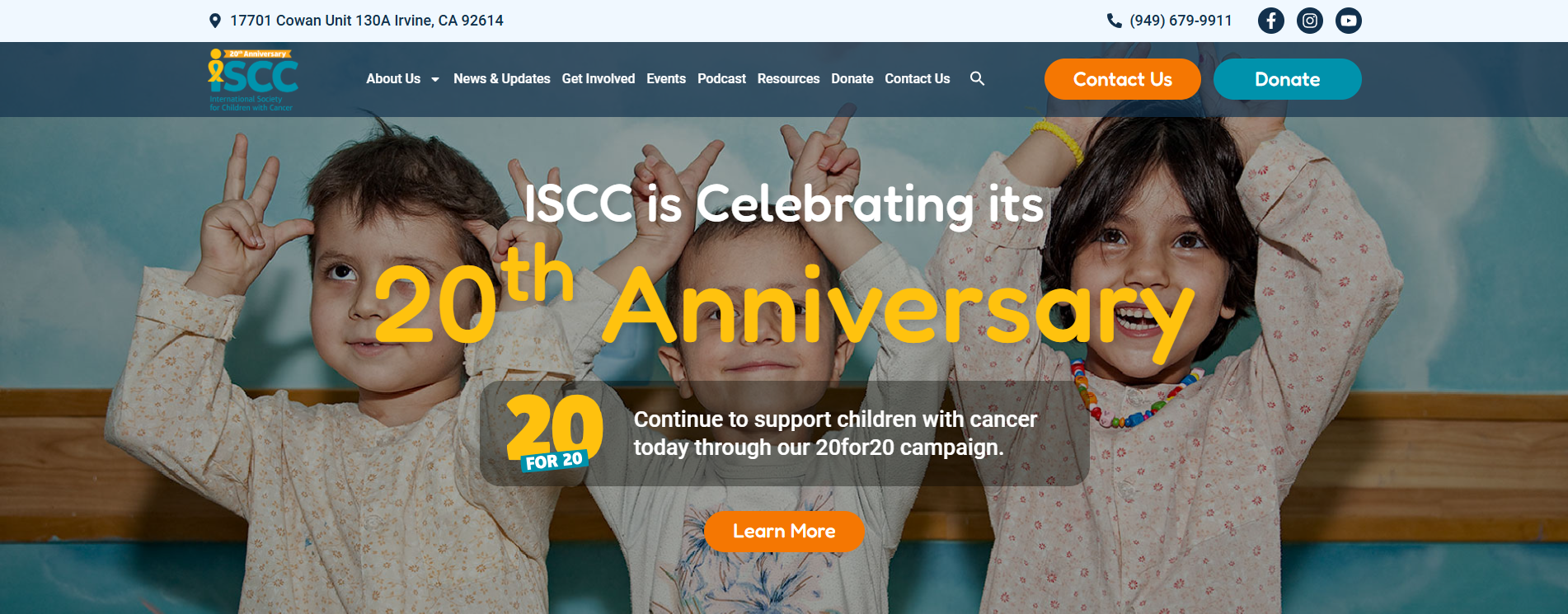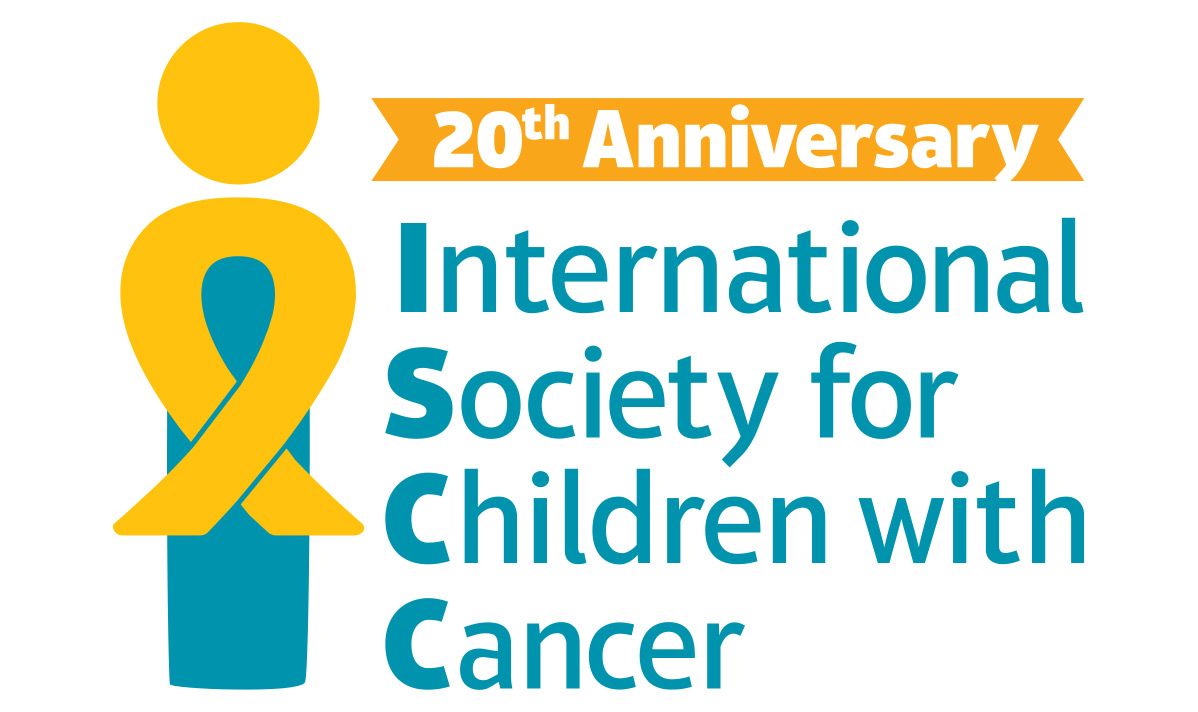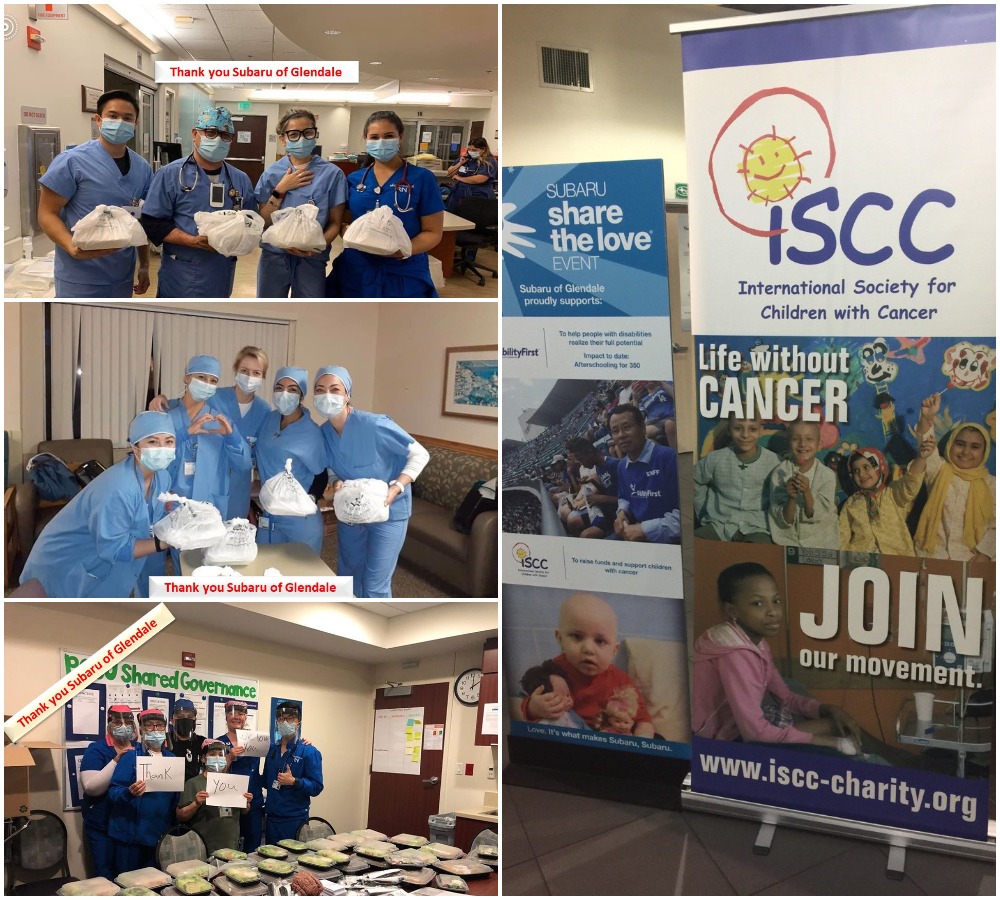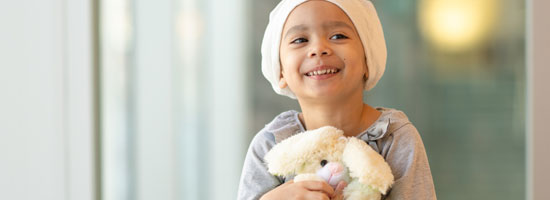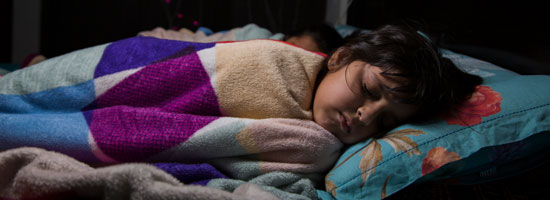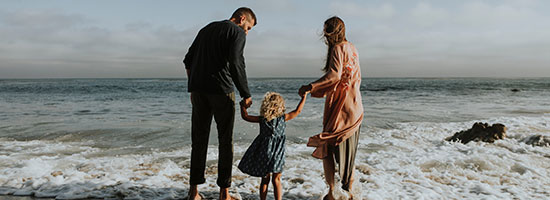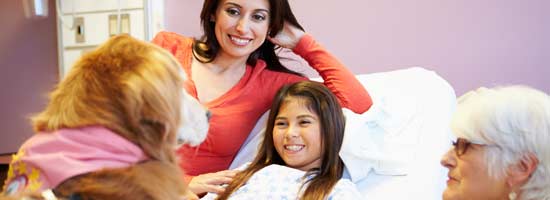Unfortunately, doctors have to deliver the news to parents that their children have cancer around 40 times a day, on average. This comes out to 14.6 thousand times a year.
The average age of a diagnosed child is six. Twelve percent of child patients do not survive. Of the survivors, over half suffer later side effects like heart failure, infertility and second cancers.
There is no preparedness for this scenario. No way to get a handle on the depth of helplessness, chaos, confusion and urgency that suddenly and completely engulfs the family. All that families must do is adjust life to the challenge. Life becomes about educating yourself, keeping appointments, staying on the phone, catching your breath and, especially with the child, smiling through the pain.
An average five percent of pediatric cancers have been attributed to a genetic mutation passed from parent to child. In adults that have the mutation, cancer can result from aging and exposure to circumstances that influence cancers. Identification of potential causes in children is difficult because (a) of its rarity and (b) the cancer being caused so early in physiological development.
When a child has cancer, the entire family is the patient. Every relationship will be strained. There will be unimaginable pressure. It may be a good idea to seek counseling or therapy, or meeting those who have walked in your shoes. Do remember no two persons or situations are the same. One person may seem less distraught than their spouse. Another person may find comfort in religion. But research has demonstrated those who know can walk you through difficult times. While the most honest efforts of friends and family to support can be appreciated, they cannot understand.
We have different ways of coping, but we are all suffering. What will be critical is communication. Time is always limited and can be more so when a family member is ill. But it is imperative that we talk, even with siblings who are old enough to understand something is wrong. Do not be afraid to ask for help, even if it’s just to meet for a drink and talk. And do not forget to take care of yourself. Renew your energy, stay physically active and get out when possible.
